Debate Intensifies Over Cannabis Billboard Proliferation in Detroit
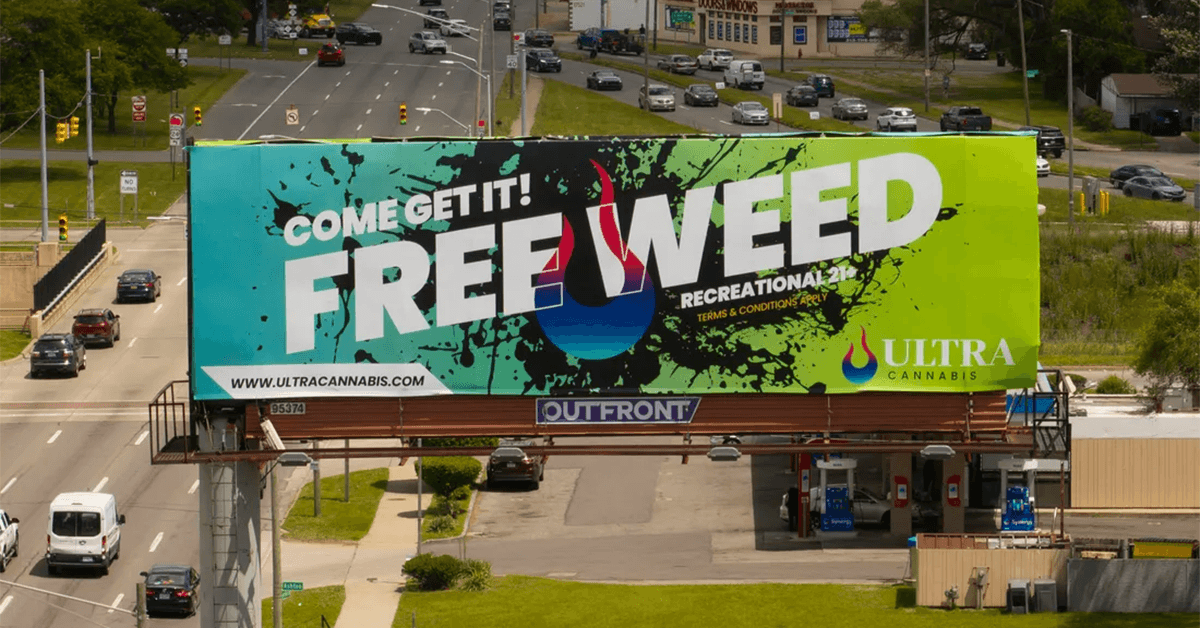
Billboards advertising cannabis dispensaries have become a common sight along Michigan's highways and city streets. This influx of cannabis advertisements has prompted at least one Detroit elected official to propose significant changes.
Detroit City Councilwoman Angela Whitfield Calloway has instructed the city's Law Department to draft an ordinance that would either ban or restrict further cannabis advertising on billboards within the city limits.
Concerns Over Proliferation
"It's taking over our city," Whitfield Calloway stated, reflecting growing concerns about the visual impact of these advertisements on the urban landscape.
The cannabis industry in Michigan is a highly competitive and lucrative market, generating approximately $3 billion annually. Due to stringent regulations limiting how cannabis businesses can advertise, billboards have become a primary marketing tool. Despite state regulations overseeing these advertisements, there is no official database tracking the number of cannabis billboards in Michigan.
Industry Pushback
Owners of some of Michigan's largest cannabis businesses argue that they are being unfairly targeted. They assert that additional restrictions in Detroit would infringe upon their free speech rights. According to a signage expert, such restrictions would also hinder Detroit dispensaries' ability to compete with suburban businesses after efforts to establish a social equity licensing program. Furthermore, revenue from billboard advertising often supports small building owners within the city.
"Billboards give people the ability to market themselves quickly," said Aric Klar, CEO of Quality Roots, which operates eight dispensaries in Michigan. Klar acknowledges that while some neighbors disapprove of these advertisements, billboards have become an essential part of marketing in a highly competitive industry.
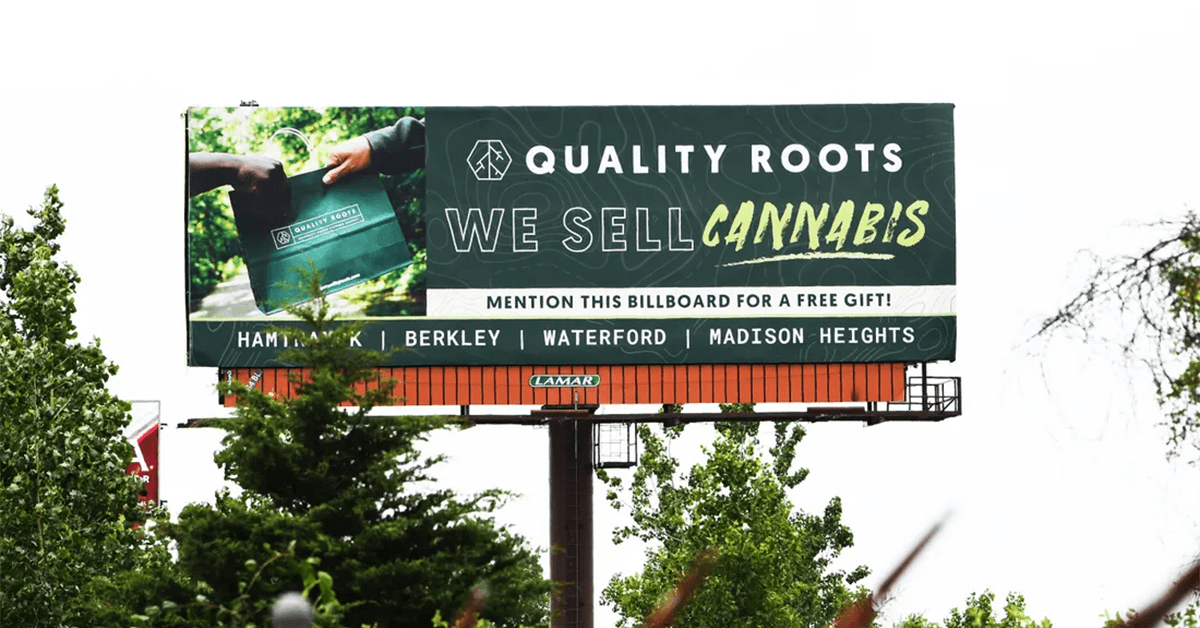
Community Opposition
Opponents of cannabis billboards include community members like nine-year-old Kaydn Mahouli, who addressed the Detroit City Council last month. Mahouli expressed disappointment over the frequent cannabis advertisements he sees when visiting his grandmother in Detroit and accompanying his mother to her work at a substance abuse clinic in Pontiac.
"I worry kids are going to see that (cannabis billboards) someday, and they'll be interested because they see it's free, and then they'll get hooked on it," Mahouli told the Council.
Legal and Regulatory Challenges
Whitfield Calloway clarified that her intention is not to limit free speech but to address what she perceives as an overabundance of cannabis billboards. She cited a federal judge's ruling from January that upheld Mississippi's restrictions on cannabis advertising, arguing that since cannabis remains illegal under federal law, it does not receive the same constitutional protections as other forms of commercial speech.
"You can't drive down a street or a freeway without seeing this one cannabis company," Whitfield Calloway remarked, without specifying the company. "What can we do to restrict? I'm not trying to interfere with anyone's rights to publicize or freedom of speech, but not long ago, we had a councilperson who wanted to limit alcohol and cigarette advertisements."
David Whitaker, Detroit's law and policy director, emphasized the complexity of curtailing commercial speech. Whitfield Calloway awaits the Law Department's review on the matter.
Existing Regulations
The Cannabis Regulatory Agency (CRA) has established rules to prevent targeted marijuana marketing to individuals under 21 for recreational use and under 17 for medical use. Businesses are prohibited from advertising cannabis if they believe more than 30% of the audience is below the legal age.
"A licensee may not advertise a marihuana product in a way that is deceptive, false, or misleading, or make any deceptive, false, or misleading assertions or statements on any marihuana product, sign, or document provided," the CRA's rules state. Despite these regulations, critics continue to question the prevalence of "free weed" ads along Michigan's major roads.
Industry Insights
Billboards advertising cannabis dispensaries are nearly as ubiquitous on highways like I-75 and I-94 as those for prominent law firms. Many of these billboards belong to Detroit-based Leaf & Bud Cannabis, which claims to have more cannabis billboards than any other dispensary in the state. Leaf & Bud's advertisements often feature CEO Mark Savaya's smiling face and slogans like "FREE DELIVERY."
Savaya declined to comment, but his attorney, Scott Roberts, defended the advertisements, stating they do not target minors and avoid using inappropriate messaging.
"Leaf & Bud continues to support City of Detroit residents of all ages through donations and community events, such as bike giveaways and street cleanups," Roberts added.
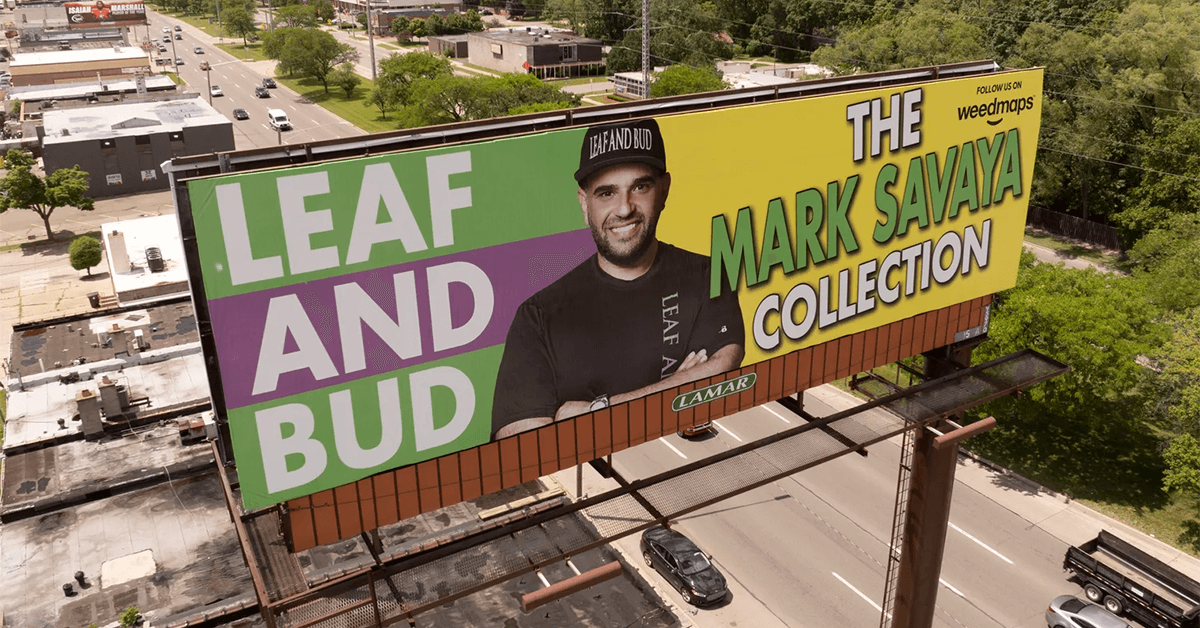
Marketing Limitations
Due to federal regulations, traditional advertising avenues like television and radio are closed off to cannabis businesses, leaving billboards as a primary marketing tool outside of in-person events, according to Mike DiLaura, chief corporate operations and general counsel at House of Dank.
House of Dank relies heavily on billboards to build brand awareness, especially with plans to open three new stores in Lansing, Kalamazoo, and Ann Arbor this summer.
"We will dial it back eventually, but we have to build up awareness and then we change them up for vendor partners," DiLaura said. "This is a very large market, and there's a lot of space for good operators."
Evaluating the Impact
DiLaura believes that the number of cannabis billboards has not increased significantly in recent years and argues that advertising restrictions should be re-evaluated to ensure they are effective and fair.
"It's critical we keep drugs away from children, and too often, people tie together illegally purchased drugs with our industry. I've never heard a criticism of Budweiser or Jack Daniels for advancing teen drinking," DiLaura said. "It's politically easy to point a finger at us and say your advertising is causing a black market."
A Broader Perspective
Quality Roots' Klar is expanding his business to New Jersey, where cannabis billboards are not allowed. He purchased billboard space in Philadelphia to market the new location, emphasizing a straightforward message: "We sell cannabis."
Klar believes billboards are vital for brand identity but should be used responsibly. His company focuses on a digital presence to avoid targeting individuals under 21.
"We ran a Zillow campaign, and it was taken down, but we still thought it was clever — interest rates are high and you should be, too," Klar joked.
Local Regulation and Enforcement
Monroe Charter Township, south of Monroe, has filed multiple complaints with the CRA about illegal cannabis billboards. The township has a longstanding ordinance prohibiting new billboards without permission. Violations typically involve the use of prohibited words or images, and offenders are given a warning before fines are imposed.
In 2021, state representatives introduced bills to ban cannabis billboard advertisements, but the legislation did not advance. The Michigan Department of Transportation regulates the physical aspects of billboards but does not track the content.
Ongoing CRA Efforts
The CRA investigates complaints about cannabis advertising and enforces rules against false or misleading advertisements. Between January and May, the CRA investigated 32 advertisement-related issues, though it does not maintain specific data on billboard advertisements.
Potential Impact on Equity Programs
Chris Jackson of the Detroit-based Jackson Consulting Group warns that restricting billboard advertisements could undermine the city's social equity licensing program. Detroit has been a leader in promoting recreational cannabis use but only recently started awarding licenses to ensure equitable business opportunities.
"The city needs to be careful," Jackson said. "As much trouble the city went through to help create the equity program, the last thing they should do is not allow them the same tools to advertise."
Share this article:
Spotted a typo, grammatical error, or a factual inaccuracy? Let us know - we're committed to correcting errors swiftly and accurately!
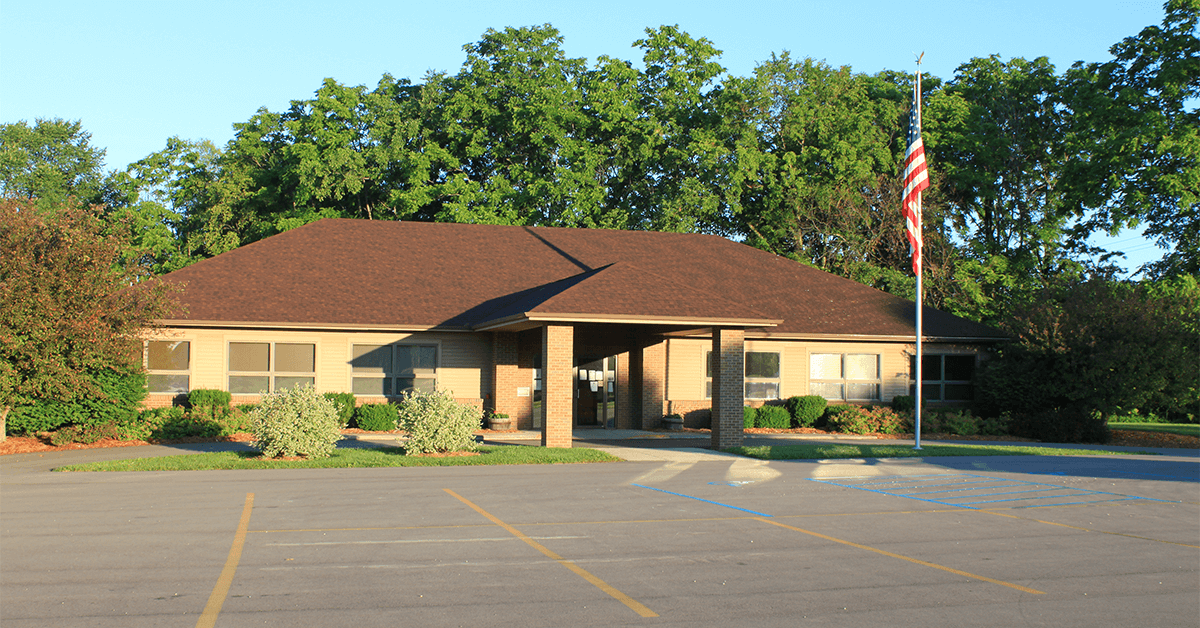

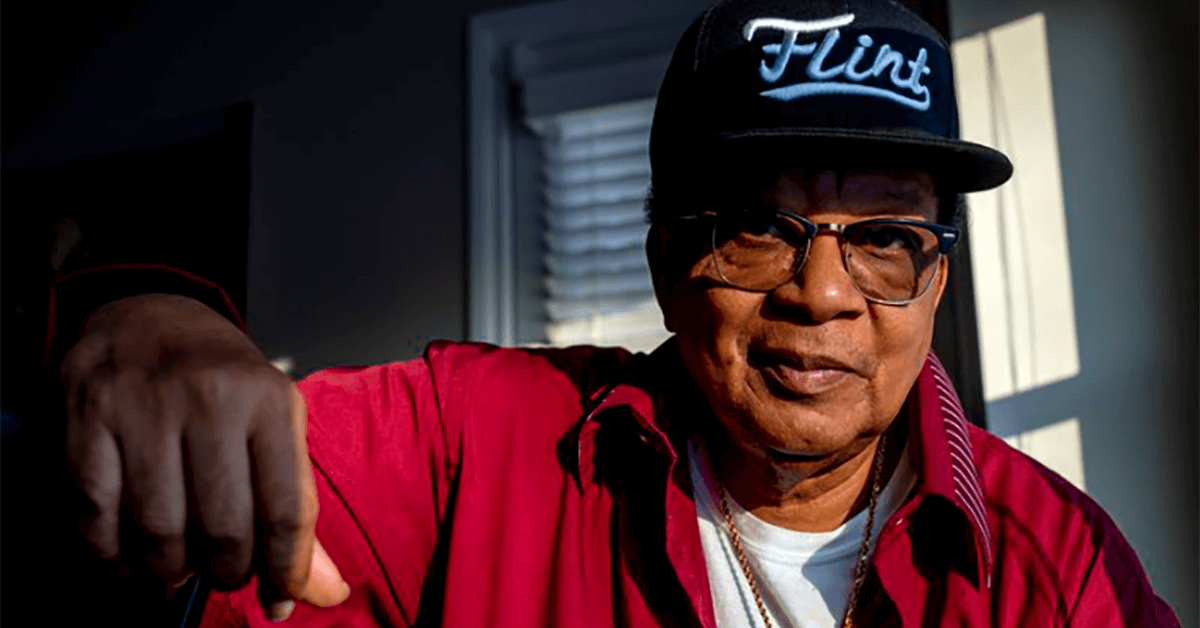
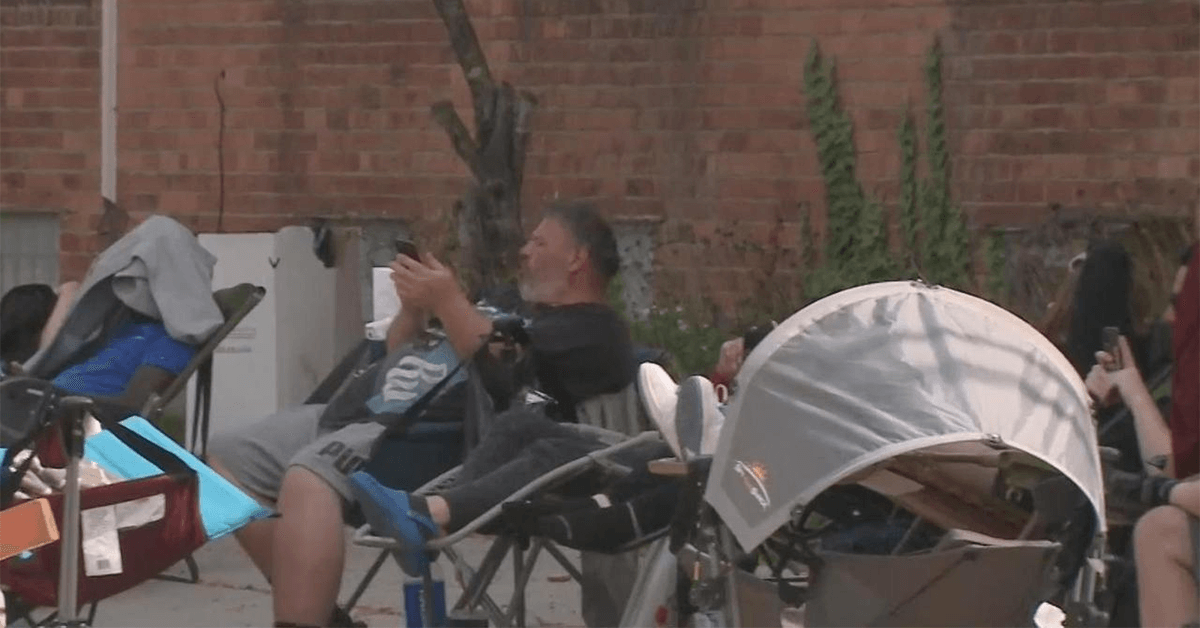
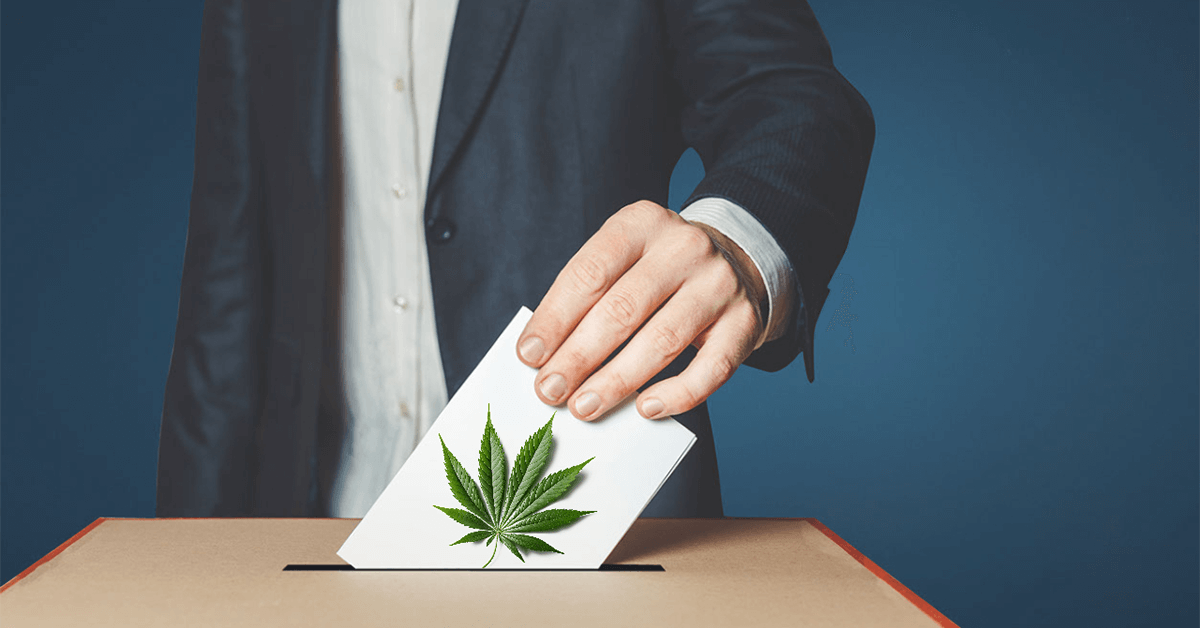



 Helpful Links
Helpful Links